Equality... Is the result of human organization. We are not born equal
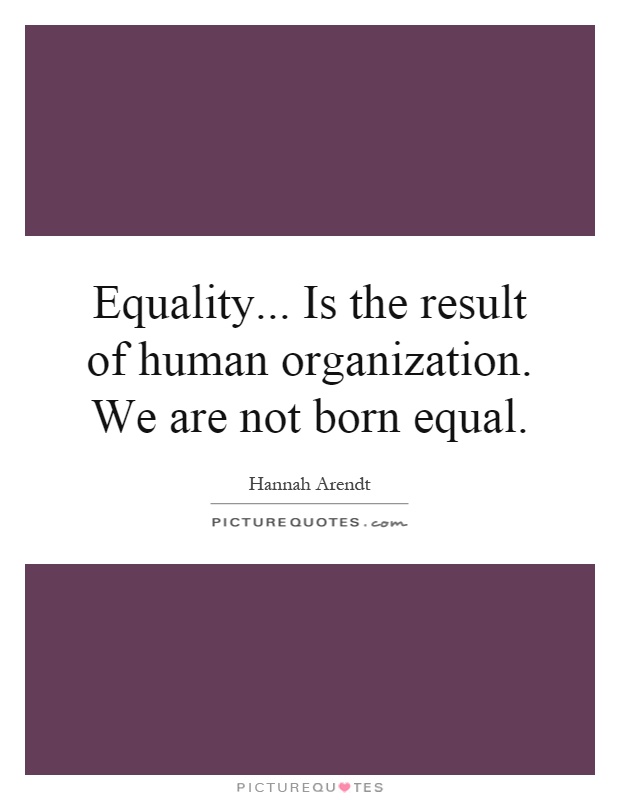
Equality... Is the result of human organization. We are not born equal
Hannah Arendt, a prominent political theorist and philosopher, believed that equality is not a natural state of being, but rather a result of human organization and societal structures. In her work, Arendt argued that humans are not born equal, but rather become equal through the creation of political institutions and systems that promote equality among individuals.Arendt's perspective on equality challenges the traditional notion that all individuals are inherently equal from birth. Instead, she posits that equality is a social construct that is achieved through the organization of human societies. This idea is rooted in Arendt's belief that human beings are fundamentally different from one another, with unique talents, abilities, and characteristics. Therefore, true equality can only be achieved through the establishment of systems that recognize and respect these differences while ensuring that all individuals have equal opportunities and rights.
According to Arendt, the concept of equality is closely tied to the idea of political freedom. In her view, true equality can only exist in a society where individuals are free to participate in the political process and have a voice in shaping the laws and institutions that govern their lives. This means that equality is not simply a matter of equal treatment under the law, but also requires active participation and engagement in the political sphere.
Arendt's perspective on equality has important implications for how we understand and strive for equality in contemporary society. It challenges us to think beyond simplistic notions of equality as a natural or inherent state of being, and instead recognize the role that human organization and political structures play in shaping our understanding of equality. By acknowledging the complex and dynamic nature of equality, we can work towards creating a more just and inclusive society that respects the unique differences and contributions of all individuals.
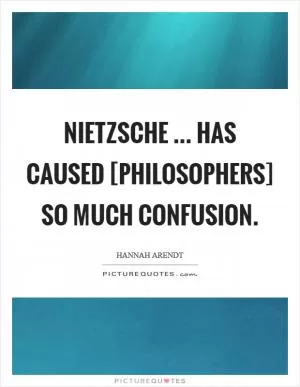

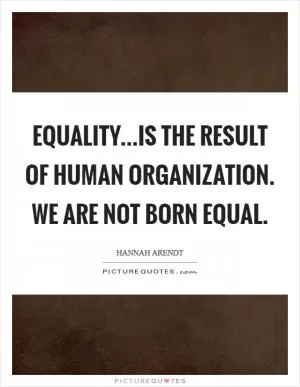
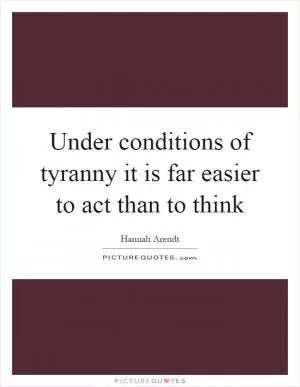

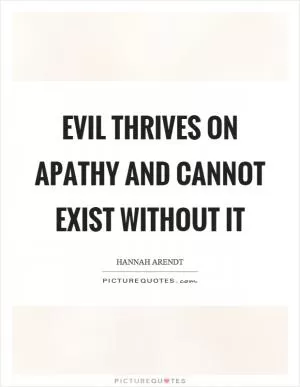
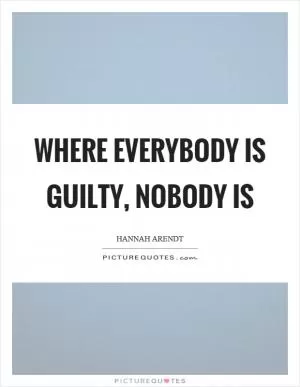
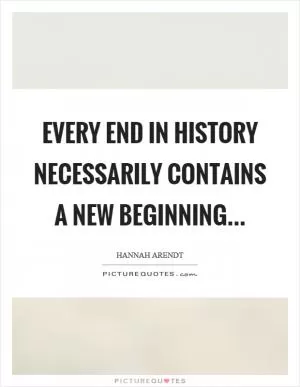
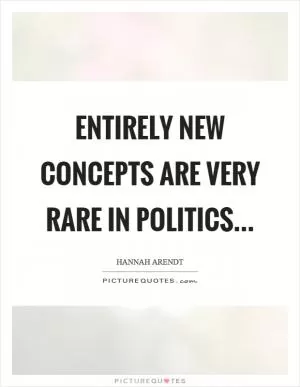
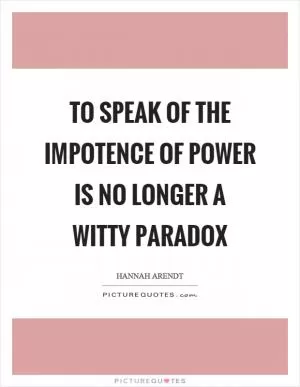
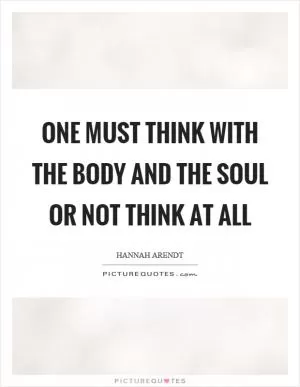

 Friendship Quotes
Friendship Quotes Love Quotes
Love Quotes Life Quotes
Life Quotes Funny Quotes
Funny Quotes Motivational Quotes
Motivational Quotes Inspirational Quotes
Inspirational Quotes